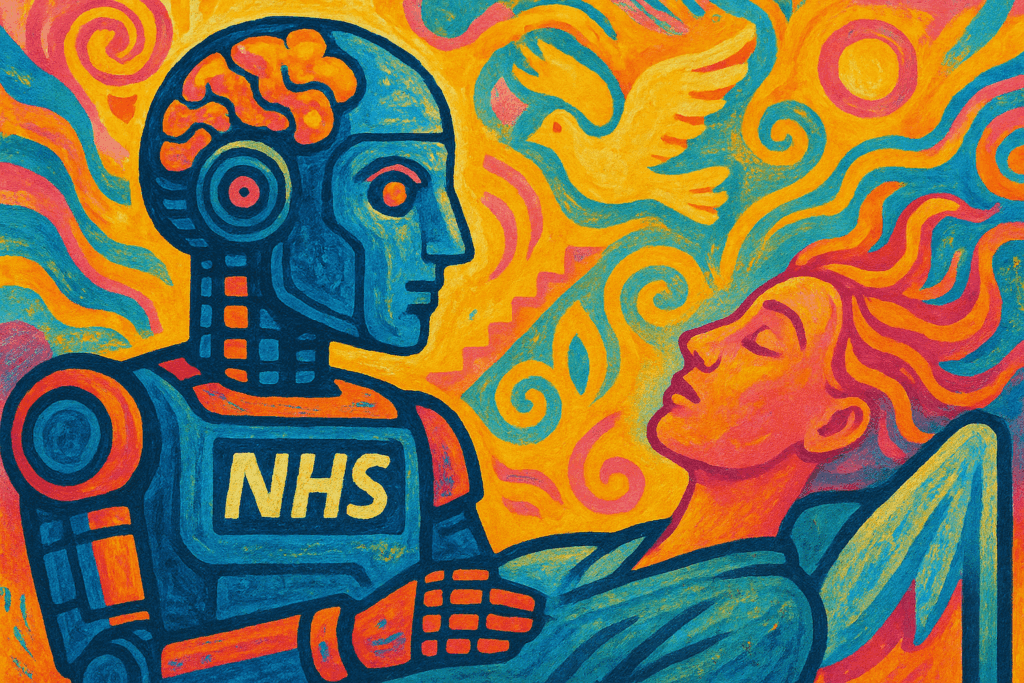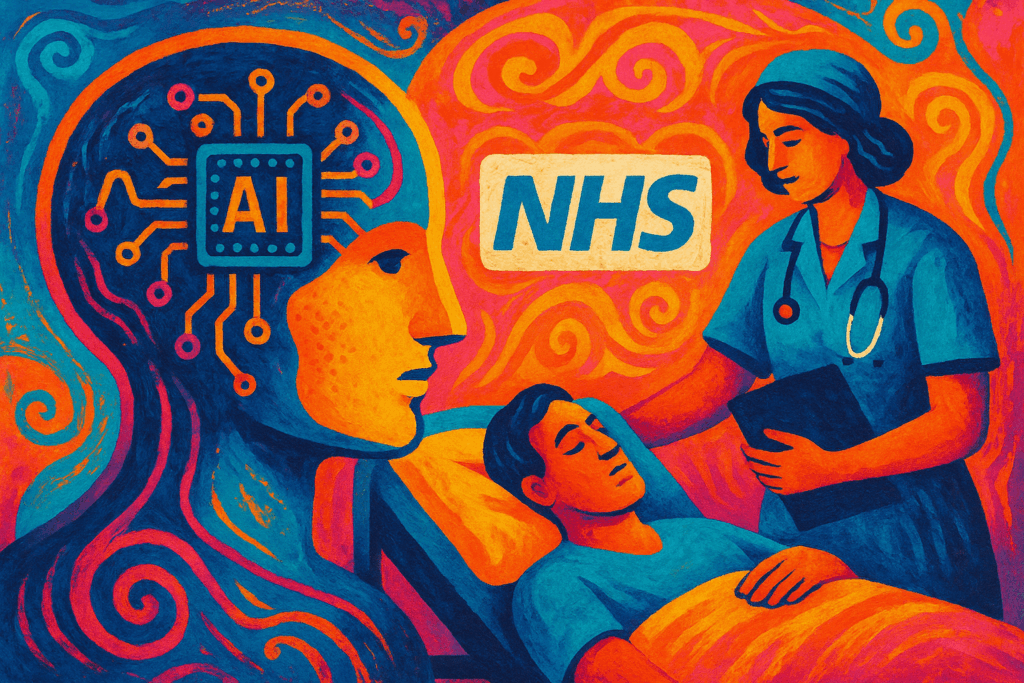AI Breakthrough: New Generative Tool Forecasts Over 1,000 Diseases
A pioneering generative AI tool has emerged from a collaborative effort between the European Molecular Biology Laboratory (EMBL), the German Cancer Research Centre, and the University of Copenhagen. This advanced system is capable of predicting the risk of developing more than 1,000 diseases while forecasting health changes up to ten years in advance. This breakthrough represents a significant stride toward refining disease prediction and enabling proactive healthcare strategies.
How Generative AI Powers Health Insights
The AI tool leverages concepts similar to those found in large language models (LLMs), repurposing generative artificial intelligence methods to interpret complex biological and clinical data. By modeling human disease progression on a large scale, it synthesizes vast datasets to identify patterns and predict outcomes with remarkable accuracy. This sophisticated approach allows for a personalized understanding of disease risks, surpassing traditional predictive analytics by integrating multifaceted health information.
Reshaping Future Healthcare and Prevention
The application of this generative AI enables healthcare providers to tailor preventative measures and interventions to individual patient profiles. Early identification of disease risks supports targeted screening and lifestyle adjustments, paving the way for precision health initiatives. This shift fosters a more proactive healthcare model, aiming to reduce the onset and impact of chronic and complex conditions before they fully manifest.
The Path Forward for AI in Medicine
Looking ahead, the integration of such predictive AI tools promises to transform medical practice by informing clinical decisions and guiding research priorities. By accurately forecasting disease trajectories, these models have the potential to improve patient outcomes and optimize resource allocation within healthcare systems. This development marks a milestone in the use of artificial intelligence for comprehensive disease modeling and positions AI at the forefront of future diagnostics and preventative care innovations.




